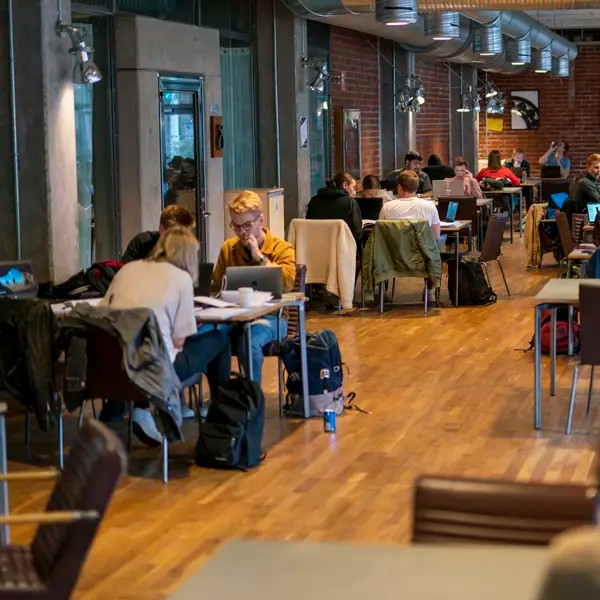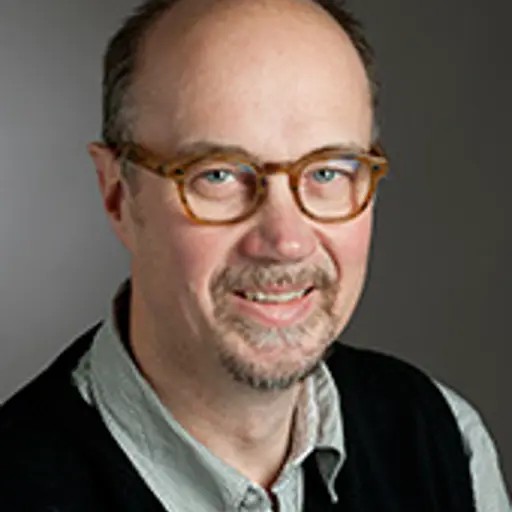
As far back as the Stone Age, materials have played a significant and defining role in human development — central to contemporary prosperity and the keys to future social evolution. Material engineers, therefore, have an essential role to play in developing and refining the materials of today and tomorrow, exploring their limits and taking their potential to the next level.
When you study this master’s programme, you will gain the knowledge and skills to drive innovation, handle the complexity of materials problems and to find solutions within the entire lifecycle of products and processes, from design and manufacturing to end use, and recycling.
Materials engineering master's programme at Chalmers
Material-related issues can be found in all areas of life and engineering, for example in biomedical, telecommunications, aeronautical, construction, chemical and mechanical, and in all aspects of a product's life, from establishment of large-scale production, an idea or discovery to a prototype or finished product and recycling. In the puzzle of innovative materials and innovative manufacturing methods, material engineers are the most important players in the crossroads of how to get the most out of the materials in each situation balancing conflicting interests, such as performance versus criticality and sustainability.
The ultimate performance of most products and processes is limited by the performance of materials, which are linked to the structure and resulting properties of a material. This in turn is affected by how the material is manufactured and processed. Materials must also perform in an economic and societal context. The challenge for the materials engineer lies in understanding the relationship between these aspects of materials, improving their properties, and communicating these findings.
In addition, materials science and engineering is a key driving technology for environmentally sustainable development, and the importance of materials engineering is therefore growing in society.
In this master's programme, you will gain depth and flexibility in a comprehensive materials education focused on the application of materials and its role connected to the overall challenges in the transformation towards circularity and resources efficiency. The courses are closely linked to the industry as well as contemporary research; the degree you receive here will have a wide application.
Contemporary challenges in materials cut across the traditional lines of engineering and science. Methods of modern materials engineering rely on the mix of competence and knowledge, presence where the problems occur, effective testing, and model building. This is reflected in education, which provides, for example, advanced experimental equipment, and modern software for materials simulation applied to real material problems. In labs, with real-life problems provided by the industry, you will learn through a make-and-break pedagogy, exploring the limits of new materials and concepts through experiments in both theory and practice. We also emphasise that interdisciplinary intercultural international communication and teamwork are essential parts of successful projects.
You will gain the knowledge and skills necessary to handle the complexity of materials utilization in the whole system. You will learn how to understand failures, drive and lead functional develop from the material perspective, develop processes and develop properties, making processes more efficient, cost-competitive, reliable, and environmentally sustainable.
I was drawn to this programme because it offered a broad range of topics and allowed me to explore different materials

Topics covered
The subjects of material processes and surface science are fundamental areas in the Materials engineering master’s programme. The courses included in the programme plan handle topics such as metals, manufacturing, ceramics, bioceramics, polymers, and composites as well as topics of particular interest in the industry, such as material selection and functional design, environmental adaptation, failure analysis, or materials innovation processes.
Career
You will become an engineer of reality, a problem finder, and a developer both in theory and practice, and besides becoming an expert on materials, you will also represent a bridge between researchers and constructors.
This master's programme prepares you for a professional role in fields like lightweight design, recycling, biodegradable materials or corrosion-resistant alloys. Future opportunities can be found in Product development and testing, Technical design, Process development, innovative business development, R&D, Engineering and problem solving and sustainable development.
We also cooperate with large and well-established companies and institutes such as Volvo, Volvo Cars, GKN Aerospace, SAAB, SKF, SCA, Sandvik and SWEREA, but also smaller entrepreneurial companies such as ARCAM.
Research
Chalmers has a record of high-quality research into for example microstructural characterisation, surface engineering, mechanical behaviour, polymer processing and synthesis, high-temperature corrosion, powder metallurgy, biomaterials and liquid crystals. At Chalmers, PhD students are involved in teaching, and master’s students can perform small projects as well as large diploma projects within ongoing research.
Graduates of the master’s programme in Materials engineering can also apply to the joint Chalmers graduate school in Materials science. On the PhD level, the cross-departmental graduate school in Materials science provides genuine cross-disciplinary training and a common curriculum in materials science for PhD students from five different departments.
Courses take place in several departments at Chalmers, cooperating with one of our areas of advance - Materials science.
Find out more about research in Industrial and materials science
Requirements

How to apply - From application to admission
This is a step-by-step guide on how to apply for a Master's programme at Chalmers University of Technology.

